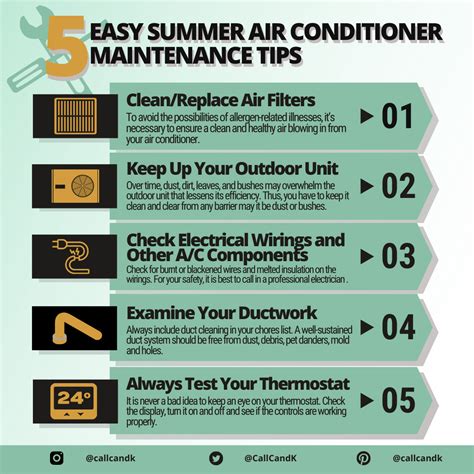Emergency Cooling: AC Died? Stay Cool Now!
Summer's scorching heat can be unbearable, especially when your air conditioning unit decides to give up the ghost. A malfunctioning AC system can quickly turn a comfortable home into an unbearable sauna. But don't panic! Before you melt into a puddle, there are several emergency cooling strategies you can employ to beat the heat until your AC is repaired. This guide offers practical solutions to keep you and your family cool and comfortable during an AC emergency.
What to Do When Your Air Conditioner Dies
The first step is to assess the situation. Is your AC completely dead, or is it just malfunctioning? A simple power outage might be the culprit. Check your breaker box for tripped breakers and ensure the power cord is securely plugged in. If the problem persists, it's time to consider emergency cooling options.
How to Stay Cool When Your AC is Out
Here are several effective strategies to stay cool when your air conditioning unit is on the fritz:
1. Close Curtains and Blinds: Direct sunlight significantly increases the temperature inside your home. Blocking sunlight with curtains, blinds, or shutters will dramatically reduce heat absorption. This simple step can make a noticeable difference in your indoor temperature.
2. Utilize Fans Strategically: Fans are your best friend during an AC outage. Position them strategically to maximize airflow. Place fans in windows to create a cross-breeze, pushing hot air out and pulling cooler air in. If you have ceiling fans, run them counter-clockwise (in the summer setting) to circulate the air more effectively.
3. Cool Down Your Home at Night: Nighttime temperatures are usually lower. Open windows strategically to allow cool night air to flow through your home. Close them again before sunrise to trap the cool air inside.
4. Stay Hydrated: Dehydration worsens the effects of heat. Drink plenty of water, even if you don't feel thirsty. Electrolyte drinks can also help replenish fluids lost through sweating.
5. Limit Heat-Producing Activities: Avoid using appliances that generate heat, such as ovens, dryers, and dishwashers, during the hottest parts of the day. This reduces the amount of heat added to your home.
6. Take Cool Showers or Baths: A cool shower or bath can significantly lower your body temperature and provide temporary relief from the heat.
7. Seek Cool Public Spaces: Libraries, shopping malls, and movie theaters often offer air-conditioned spaces where you can escape the heat for a while.
What If My Power is Also Out?
A power outage is an added complication to an already uncomfortable situation. If both your AC and power are out, your options are more limited, but you can still implement the above strategies:
- Open windows at night and close them during the day: The principle remains the same; maximize cool night air.
- Utilize battery-powered fans: These provide some air circulation, although they won't cool the air as effectively as electric fans.
- Find a cool place to stay: If the outage is prolonged and the heat becomes unbearable, consider staying with friends or family who have power, or seek shelter at a cooling center.
How Long Can I Go Without AC?
The length of time you can comfortably go without AC depends on several factors including the outside temperature, your home's insulation, and your own personal tolerance to heat. However, prolonged exposure to extreme heat can be dangerous and lead to heat exhaustion or heat stroke. If you are feeling unwell due to the heat, seek medical attention immediately.
When to Call an AC Repair Technician
If your AC unit is malfunctioning, don't delay in calling a qualified repair technician. Early intervention can prevent costly repairs and ensure your comfort.
This article provides general advice. Specific situations may require different approaches. Prioritize safety and well-being above all else during a heatwave or AC malfunction.

